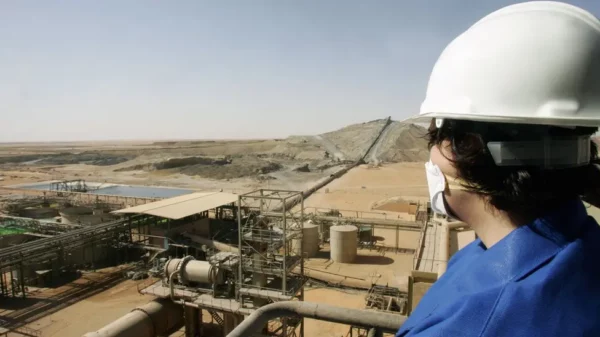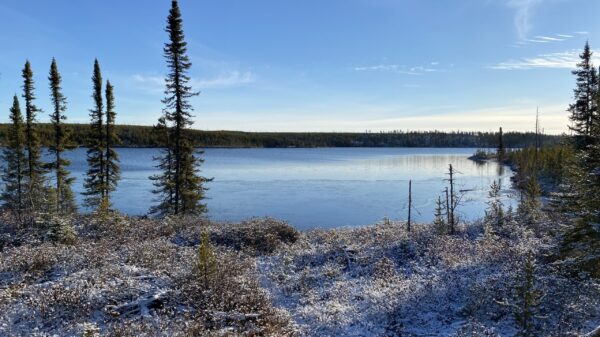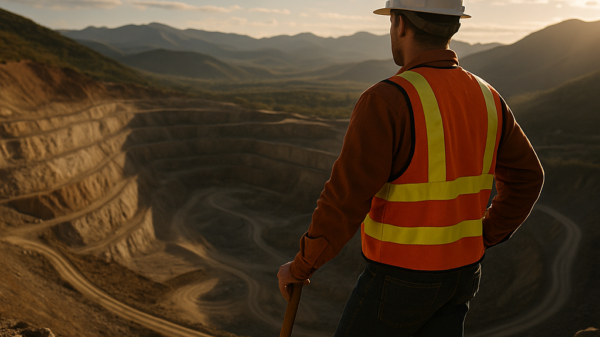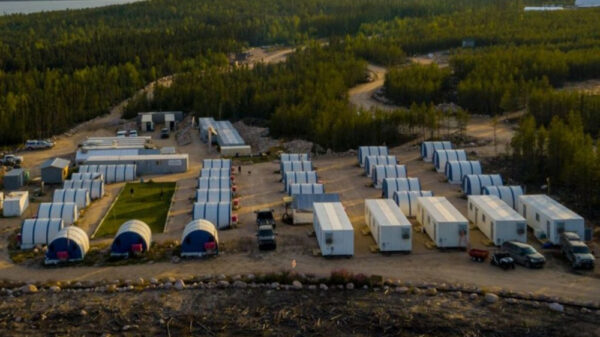Researchers from the University of New Mexico (UNM) have received a US$3 million grant to combat the toxic legacy of uranium mining in the state by developing new ways to detect heavy metals.
The institution announced the project titled Biosensors for Field Detection of Aqueous Heavy Metals: A Collaboration with Native American Communities on Friday, which is being funded by the National Science Foundation. It aims to develop solutions to heavy metal contamination in water supplies resulting from uranium mining.
The ideal outcome of the project will be the successful development of products that can easily detect uranium in water sources. The project is starting this month and will be ongoing for the next five years.
It will be led by several researchers from the UNM’s School of Engineering; scholars from other departments in the school; Abraham Meles, an associate professor of physics at Navajo Technical University; Perry James, a Navajo culture and education expert from Western New Mexico University and others from the Southwest Research and Information Center.
“The problem is quite widespread across the Grants Mining District, with approximately 500 abandoned mines and uranium contaminating many potential water sources,” said Gabriel López, a professor from the school’s Department of Chemical and Biological Engineering. The Grants Mining District was the primary focus of uranium extraction and production in the state between the 1950s and late 1990s.
“This project is addressing a societal concern and utilizing different sources of knowledge and will work with the community to determine the best solutions.”
Read more: Sweden to lift ban on uranium mining
Read more: Scientists, activists urge U.S. Congress to compensate nuclear testing and uranium mining victims
The work involved with the new project will be taking place at the school’s Center for Micro-Engineered Materials as well as the UNM METALS Superfund Research Program Center, a facility dedicated to studying the impact of uranium exposure on Indigenous communities in the American Southwest.
“Everyone is familiar with the COVID test, so why isn’t there a simple test for uranium?” said López.
“Ideally, there would be a product that those interested could use as an alternative that would not be as expensive as tests that are currently available only through specialized central labs,” he added.
López says he believes that the key to getting access to the communities most significantly impacted by this issue is the team working with Navajo Technical University, who will be able to offer their expertise on methods of uranium detection.
“Ultimately, the team will contribute to finding crucial solutions to a longtime problem that poses direct health risks to our Native American communities in New Mexico,” said the UNM’s Vice President for Research Ellen Fisher.
The news follows the U.S. Senate voting to expand the benefits of the Radiation Exposure Compensation Act established in 1990 to people impacted by the country’s nuclear testing and uranium mining activities who were previously ineligible to receive compensation at the end of July.
This includes Navajo Nation residents who lived downwind from the first-ever nuclear test site near Alamogordo, New Mexico in 1945 and workers involved with uranium mining in the state after the 1942-1971 period previously recognized by the act.
The Senate’s decision to amend the act was partly inspired by the film Oppenheimer and the attention it drew to the issue as well as a letter addressed to U.S. Congress urging the government to provide adequate compensation to the victims from a group of Navajo Nation representatives, environmental activists, authors and several others.
rowan@mugglehead.com














